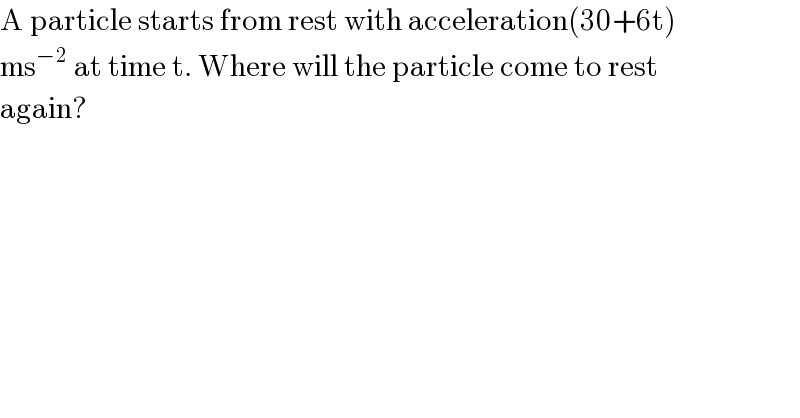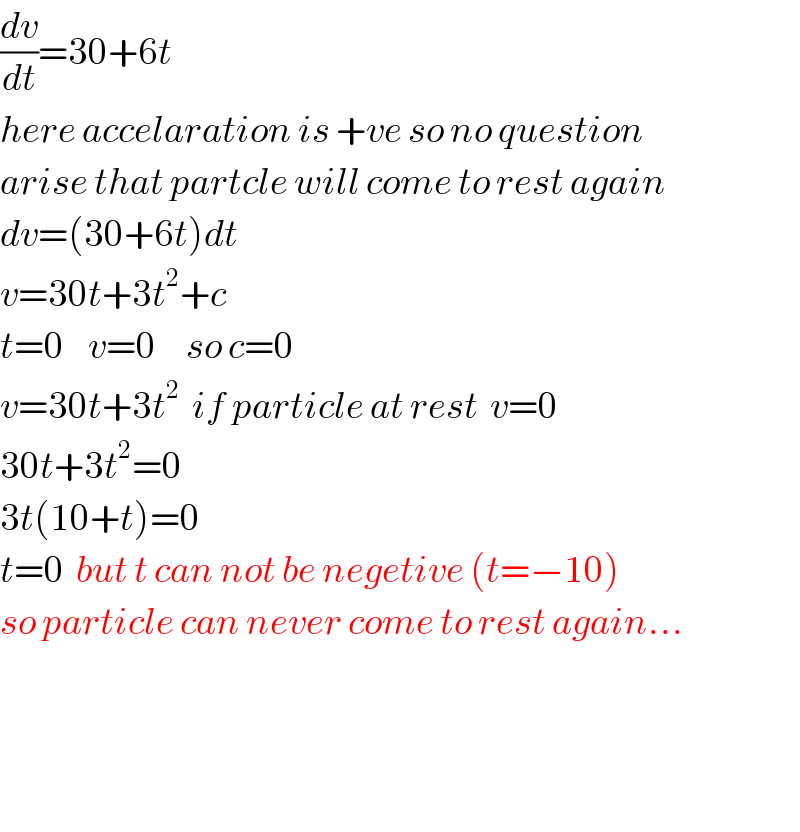
Question and Answers Forum
Question Number 43354 by pieroo last updated on 10/Sep/18

Answered by tanmay.chaudhury50@gmail.com last updated on 10/Sep/18

| ||
Question and Answers Forum | ||
Question Number 43354 by pieroo last updated on 10/Sep/18 | ||
 | ||
Answered by tanmay.chaudhury50@gmail.com last updated on 10/Sep/18 | ||
 | ||
| ||